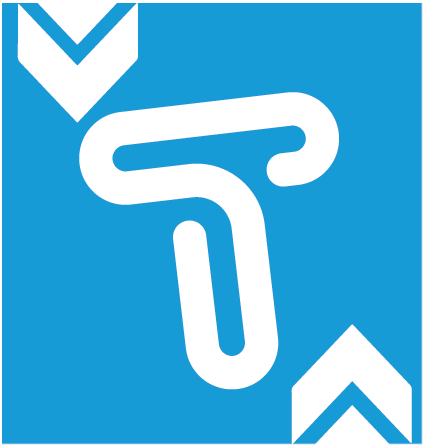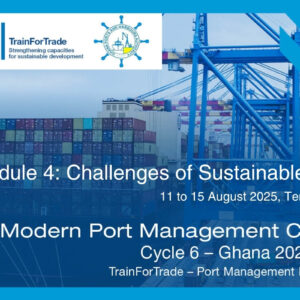Project by UNCTAD port programme graduate saves fresh water in Malaysia
A rainwater harvesting system proposed by Rabiah Nadir is helping Johor Port save fresh water, minimize chances of flooding and contribute to global goals.
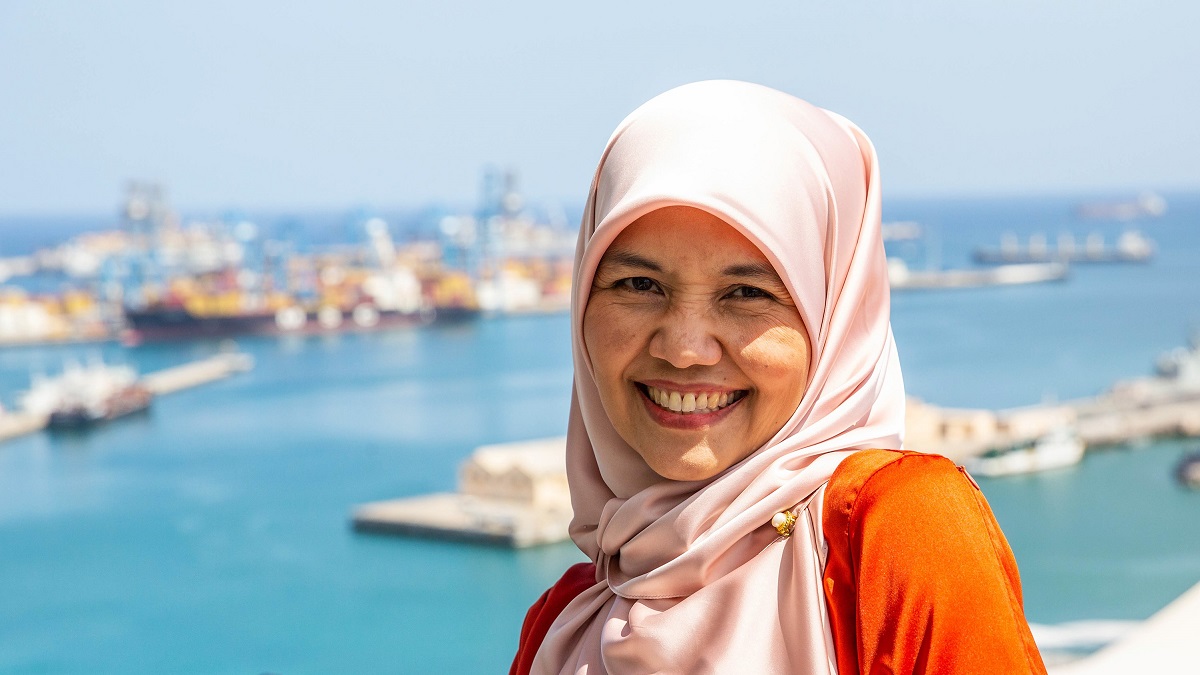
A new rainwater harvesting system installed in Johor Port in southern Malaysia is helping save up to 10 million litres of freshwater each year.
The system installed in 2020 was proposed by Rabiah Nadir in a case study she developed under the UNCTAD TrainForTrade port management programme.
A training module on how ports can reduce their environmental footprints led Ms. Nadir to focus on water usage in the final study she presented to senior managers to graduate from the programme.
“I wanted to help the port reduce its consumption of freshwater,” says Ms. Nadir, a property manager at the port, the world’s largest palm oil terminal.
Malaysia gets abundant rainfall, averaging around 3,000 millimetres annually but freshwater ecosystems in the South-East Asian nation are under threat from rapid urbanization and population growth, as well as pollution and environmental degradation.
Before enrolling in the training programmme, Ms. Nadir had joined the port’s facility management department, which is responsible for the landscaping, cleaning and beautification work in the port. She noticed the port was using about 2 million litres of fresh water each year for landscape irrigation and to clean the port’s warehouses, roads and office buildings.
Ms. Nadir identified a rainwater harvest system as a sustainable, cost-effective alternative. Her study pinpointed three suitable locations in the port – in terms of safety and security – and estimated the installation costs and expected return on investment.
System brings good return on investment
After Ms. Nadir’s presentation, the port installed the rainwater harvesting system between 2019 and 2020. It now provides up to 10 million litres of rainwater each year – enough to fill four Olympic-size swimming pools.
Since the system provides more than enough rainwater for irrigation and cleaning activities, the remainder can be used for other work and infrastructure that don’t require fresh water, such as plumbing and fire hydrants.
In just two years, the money saved on water has already paid back the $86,000 invested in installing the system, according to port authorities.
The project is also saving fresh water for the local community, which is especially important during the summer, when rainfall is less abundant. And by reducing the amount of rainwater going into the port’s drainage system, it helps lower the risk of flooding during the rainy season.
It’s also a concrete example of how ports can contribute to the actions needed to achieve the UN Sustainable Development Goals (SDGs) – in this case the goals to provide clean water and sanitation for all (SDG 6) and to fight climate change and its impacts (SDG 13).
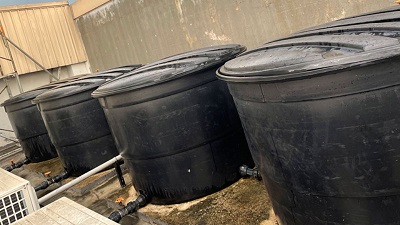
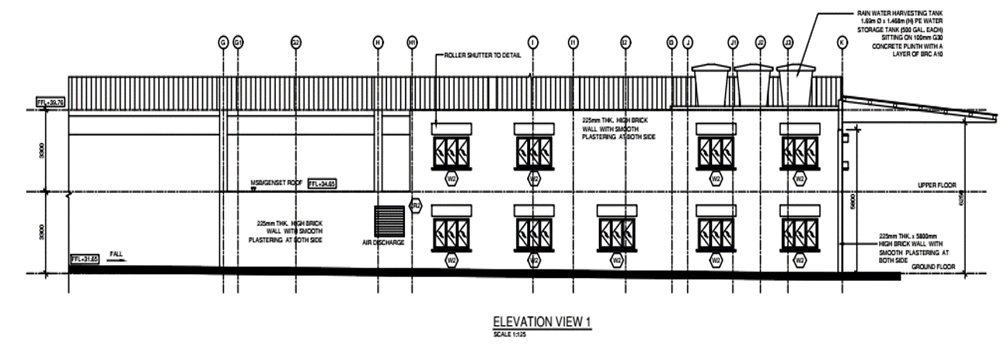
Over 7,000 port professionals certified
Ms. Nadir is one of more than 7,000 port professionals at middle and senior levels from over 140 countries whom UNCTAD’s TrainForTrade Port Management Programme has trained and certified since 1996. Over 30% of them are women.
“These trained people are making a big difference in the way their ports are run,” says Mark Assaf, in charge of UNCTAD’s TrainForTrade programme.
“The training programme encourages them to identify and address issues in their port community, and as decision makers, to take steps to increase port efficiency, sustainability and performance.”
More: https://unctad.org/news/project-unctad-port-programme-graduate-saves-fresh-water-malaysia


